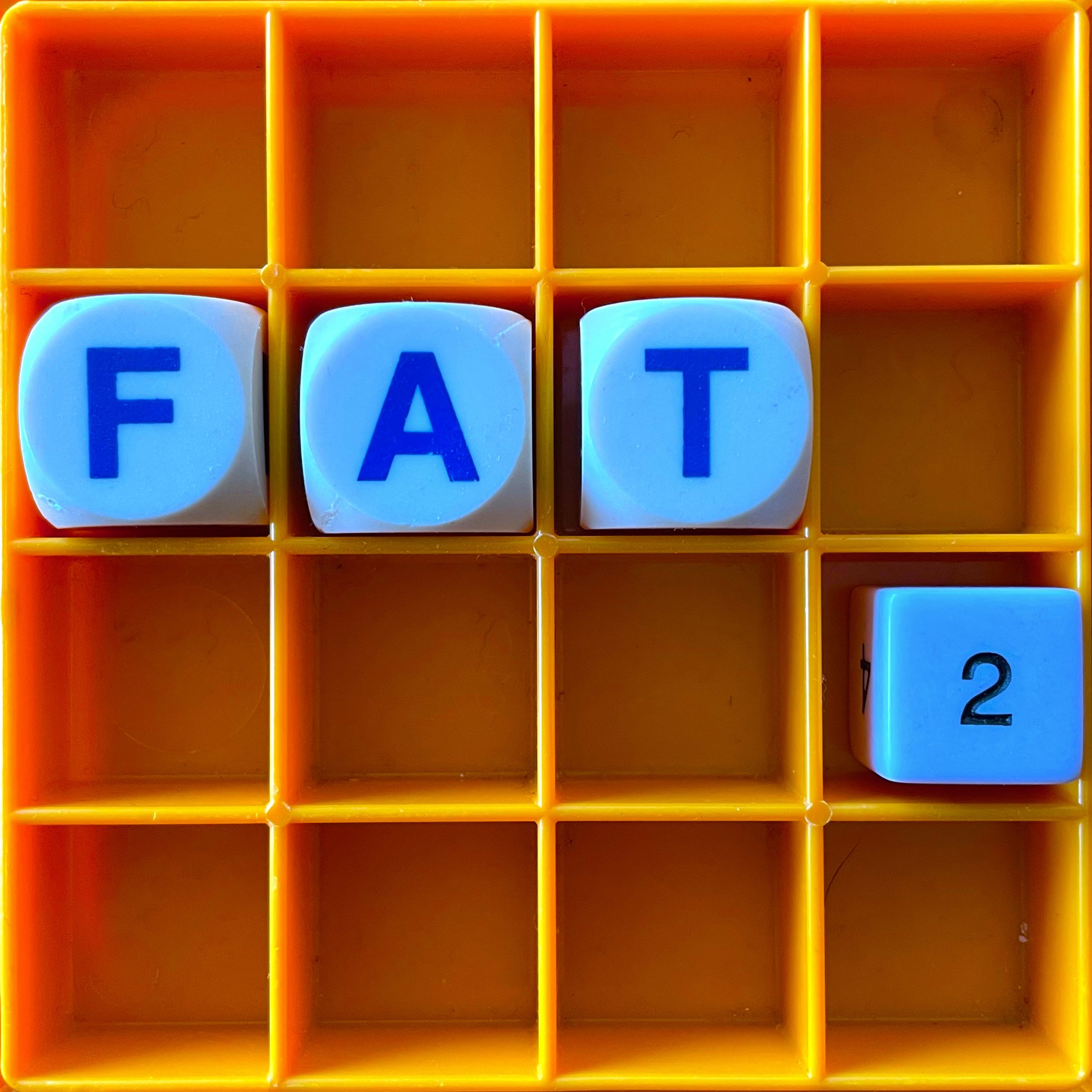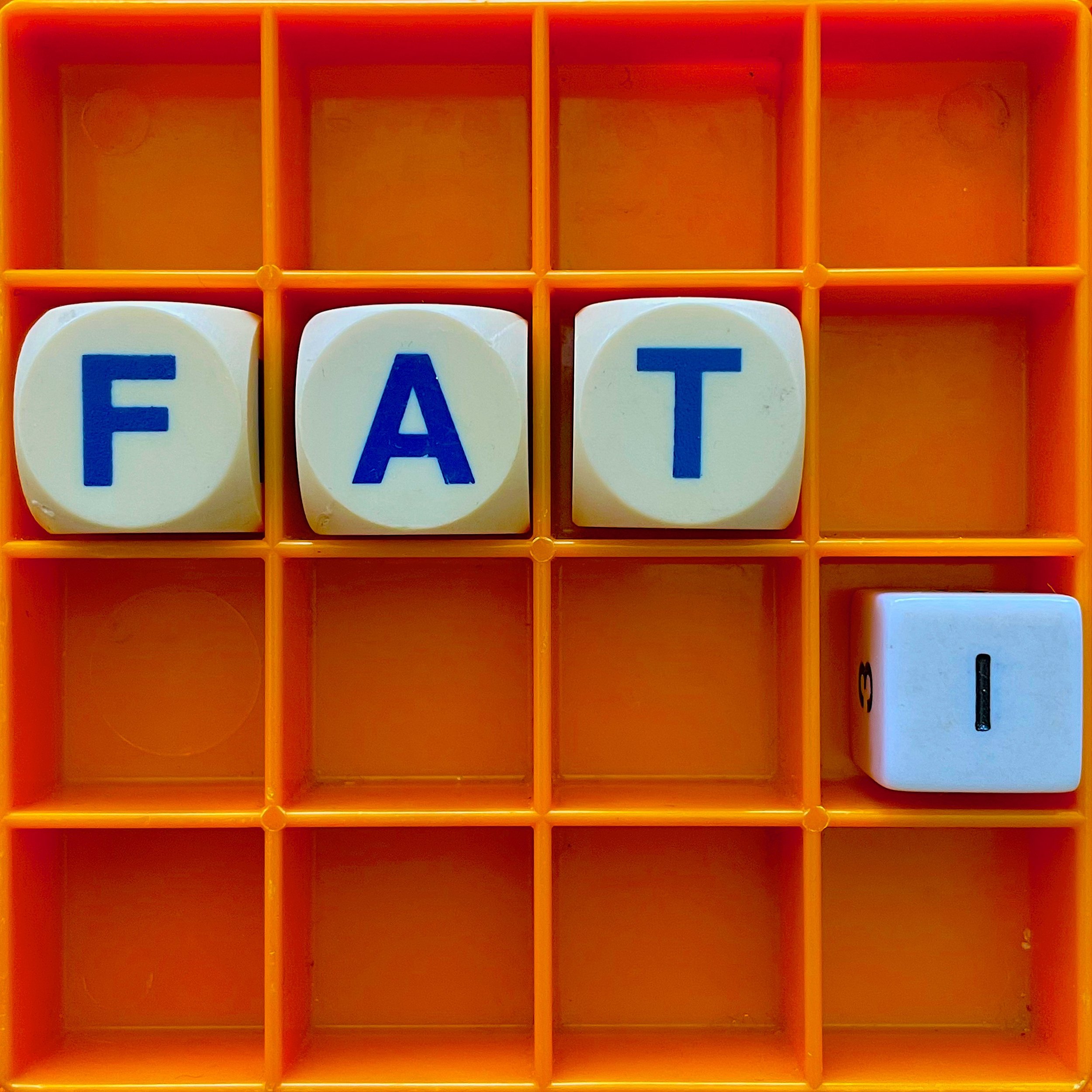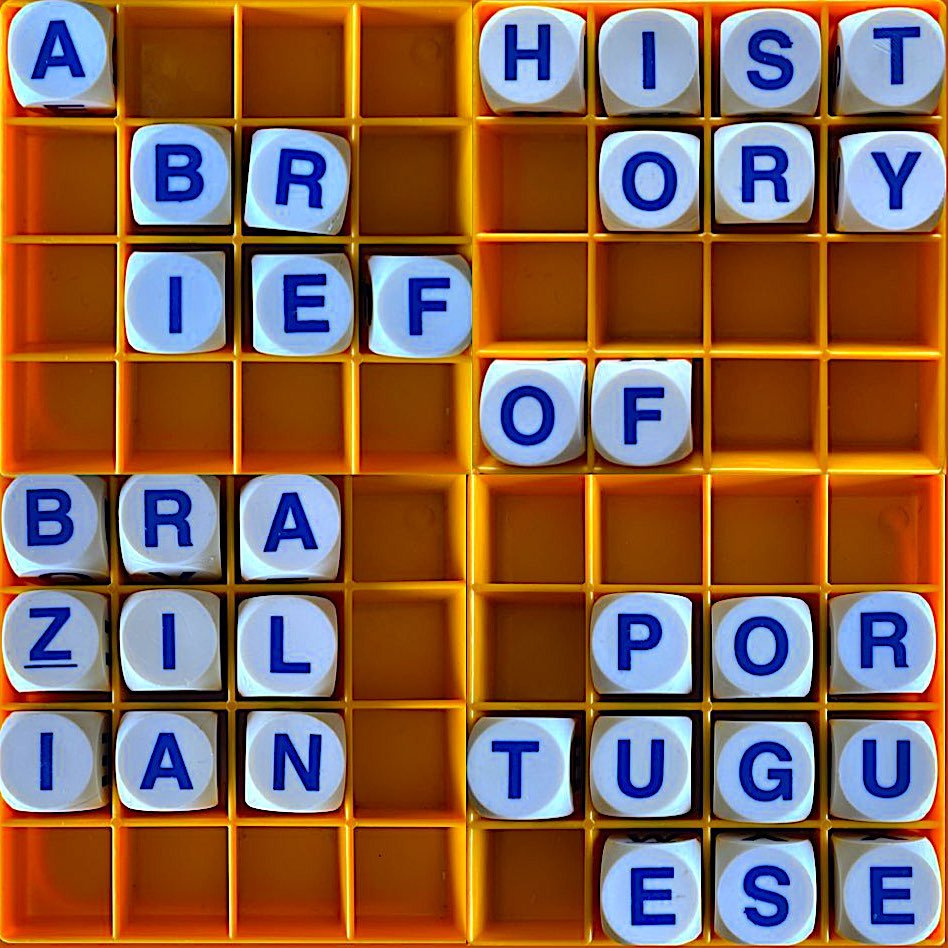Sterling Martin was in grad school, studying C. elegans worms, when COVID19 hit and suddenly he found himself in lexicography, as part of a team creating a Navajo-English dictionary of science terms.
Read moreAllusionist 179: Andy Quiz
It's the annual etymology quizlusionist! I’m on a family holiday for the first time since 1988, so enlisted my brother Andy Zaltzman of the Bugle podcast to test his/your wits on singing goats, explosives, mythological Greek sweeteners, attics, left-handedness and whales.
Can you beat Andy’s score? Play along using the interactive scoresheet at the bottom of this post.
Read moreAllusionist 178. Uranus
Have you ever wondered why the planets in our solar system are all named after Roman deities, except two of them? One of those exceptions is Earth. The other is Uranus.
Read moreTranquillusionist: Gay Animals
This is the Tranquillusionist, in which I, Helen Zaltzman, say a load of words which aren’t really about anything, so that your brain gets a little gentle diversion from thinking and/or feeling. Today: a list of gay animals.
Read moreAllusionist 177. Fat part 2
“The starting point is, and the research questions are all framed by: 'We know it's terrible to be fat, but how terrible is it?' Not: 'What would it take to give effective healthcare to fat people?'” says Aubrey Gordon, writer of the new book You Just need to Lose Weight and 19 Other Myths About Fat People, star of the documentary Your Fat Friend, and podcaster of Maintenance Phase. And it's not just healthcare where the alignment of 'fat' with 'unhealthy' - and 'thinner' with 'healthier' - becomes problematic and often very dangerous. "I really don't think people contend with the ways in which they are sending a message to everyone around them that there is a weight limit for people that they will love."
Read moreAllusionist 176. Fat part 1
It should just be an accurate descriptor of my body, but the word 'fat' has shaped so much more of my life, and our society. "There is this whole set of baggage that we are all culturally bringing to this word all the time," says Aubrey Gordon, writer of the new book You Just need to Lose Weight and 19 Other Myths About Fat People, star of the documentary Your Fat Friend, and podcaster of Maintenance Phase.
Read moreAllusionist 175. Eurovision part 2
Oh, you thought the Eurovision Song Contest was about songs? Or a fun international TV event that brings people together in lots of different countries? Or watching extremely vigorous dance numbers? OK, it is, but it's also about some pretty thorny language-related politics. Historian Dean Vuletic, author of Postwar Europe and the Eurovision Song Contest, discusses Eurovision's many linguistic controversies, and the ways the contest has been exploited politically - and caused political kick-offs too.
Read moreAllusionist 174. Eurovision part 1
There aren't many multilingual, multinational television shows that have been running for nearly seven decades. But what makes the Eurovision Song Contest so special to me is not the music, or the dancing, or the costumes that range from spangletastic to tear-off: no, it's the people butting heads about language. Historian Dean Vuletic, author of Postwar Europe and the Eurovision Song Contest, recounts the many changes in Eurovision's language rules, and its language hopes and dreams.
Read moreAllusionist 173. Death
"You can't redead the dead by you saying something shit," says Cariad Lloyd of Griefcast and author of You Are Not Alone; nevertheless when you're bereaved, people still are usually so nervous to say the wrong thing that they often don't say anything at all. And especially not the word 'dead'. Maybe what we need, says council funeral officer Evie King, author of Ashes To Admin, is a "jazzy snazzy term for death, the 'bottomless brunch' of death..."
Read moreAllusionist 172. A Brief History of Brazilian Portuguese
"The myths, or the received wisdom, about Portuguese language in Brazil is that, of course we know we speak a very different version of the language, but this has always been explained to us as maybe perhaps a defect of sorts?" says linguist and translator Caetano Galindo, author of Latim em Pó, a history of Brazilian Portuguese. "You look deeper into things and you find you have to wrap your mind around a very different reality.”
Read more









